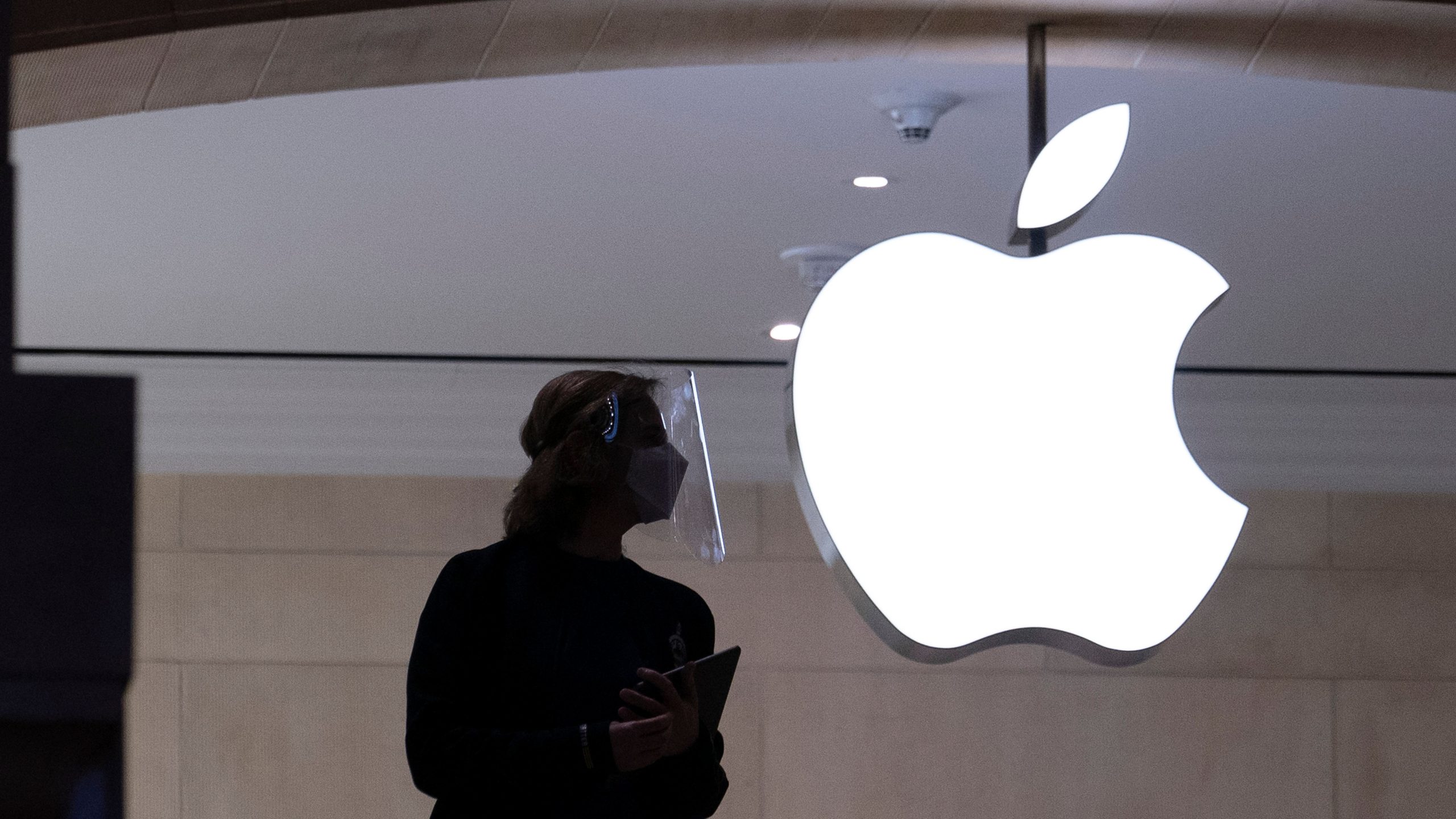Apple Inc. recently reported a surprisingly robust financial quarter, demonstrating resilience amidst significant headwinds including an escalating global trade war and a perceived sluggish start in the critical field of artificial intelligence. This surge in revenue growth for its spring quarter defied earlier concerns, painting a picture of a tech behemoth navigating complex economic landscapes while still facing considerable challenges, particularly regarding potential increases in iPhone pricing.
A primary concern impacting Apple’s financial trajectory has been the imposition of international tariffs. The company disclosed an absorption of approximately $800 million (£600 million) in tariff-related costs during the reported quarter. Furthermore, CEO Tim Cook projected an even more substantial financial hit of around $1.1 billion (£830 million) for the subsequent July-September period, underscoring the ongoing pressure exerted by trade policies on its global operations.
Despite these adversities, Apple’s fiscal third quarter proved highly profitable, with earnings soaring to $23.4 billion (£17.8 billion) – a significant 9% increase compared to the same period last year. This impressive revenue growth highlights the company’s underlying financial strength and its ability to maintain robust profitability even when confronted with external economic pressures and market uncertainties.
In a particularly encouraging development, Apple’s performance in the crucial Chinese market displayed a notable resurgence. After a prolonged period of stagnant growth, the company witnessed a 4% rise in revenue from China compared to the previous year. This turnaround suggests a renewed consumer interest and market penetration in a region vital for Apple’s overall global strategy and continued expansion.
Investors, however, have been closely scrutinizing Apple’s position amidst the evolving technological landscape and geopolitical tensions. Earlier in the year, the company’s stock price experienced a substantial 17% plunge, leading to a loss of over $600 billion (£455 billion) in shareholder wealth. This downturn, partly attributed to concerns over the trade war and Apple’s perceived lag in groundbreaking AI advancements, briefly dislodged it from its long-held position as the world’s most valuable company.
The ongoing trade dispute, specifically regarding tariffs on foreign-made products like the iPhone, continues to pose a significant risk. Although temporary exemptions granted by the Trump administration in mid-April shielded many electronic components, the administration’s stated intent to impose a 25% tariff on goods from India could intensify the pressure on Apple. This would likely necessitate a price hike for the eagerly anticipated next generation of iPhones, expected to launch in September, directly impacting consumer affordability.
To mitigate the impact of these tariffs, Apple has proactively adjusted its supply chain, notably shifting iPhone production from China to India. Furthermore, CEO Tim Cook indicated the company’s commitment to increasing domestic computer chip production within the United States as a strategic measure to circumvent future tariff burdens and fortify its manufacturing resilience against international trade instabilities.
Concurrently, a significant challenge for Apple remains its artificial intelligence development, particularly with its virtual assistant, Siri. The lack of a substantial AI upgrade for Siri, which continues to be perceived by some as underperforming, is considered a key factor contributing to the somewhat sluggish growth in overall iPhone sales. Enhancing its AI capabilities is crucial for Apple to retain its competitive edge and drive future product demand.






Leave a Reply